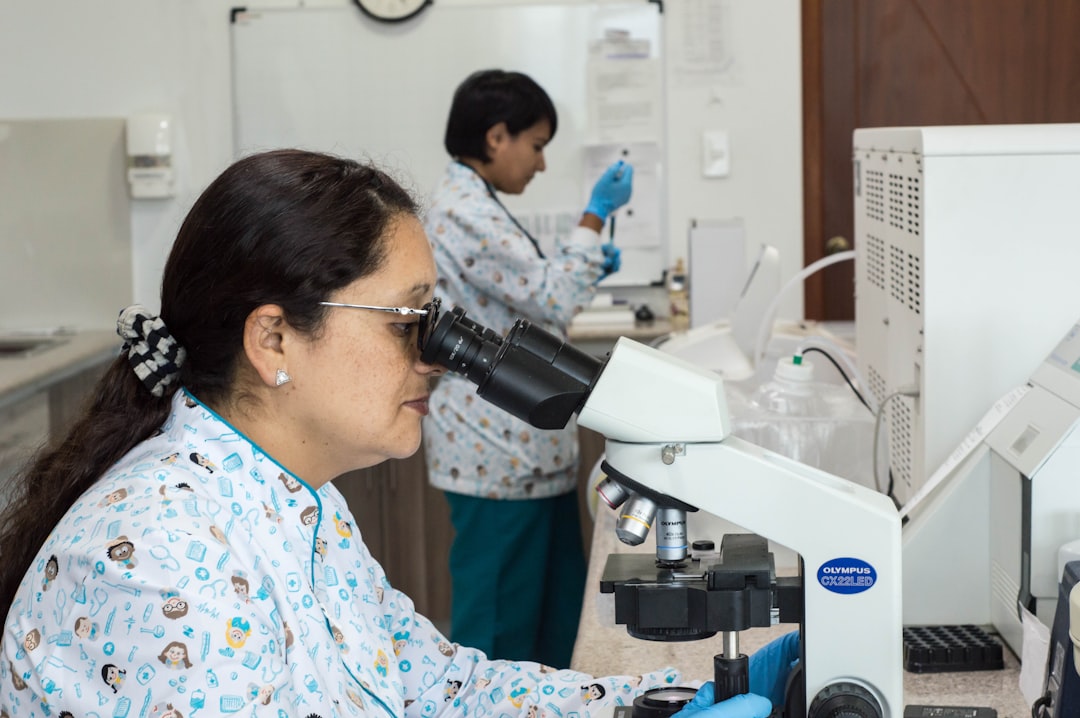Environmental Scientist Kaipūtaiao Ao Tūroa
Environmental scientists study human effects on the environment such as climate change, pollution and loss of biodiversity. They also advise on how to avoid or reduce these harmful effects.
Environmental scientists may do some or all of the following:
- study plants and animals in their environment
- assess sources of soil, water and air pollution, and develop ways to control these
- use computer modelling techniques to predict future events in the ecosystem
- study how to alter soils using fertilisers to suit different plants
- develop efficient irrigation, drainage and waste disposal methods
- plan and run field studies and experiments
- prepare reports on the environmental impacts of activities such as mining, forestry and agriculture
- provide the science for planners to make decisions on how to adapt to climate change and rising sea levels
- report results of studies in science journals and at conferences
- liaise with the community to build relationships and increase participation in decision making
- study and develop environmental policies
- provide technical advice to clients or local government authorities
- prepare applications for resource consent on behalf of clients, in compliance with the Resource Management Act.
Physical Requirements
Environmental scientists need to be reasonably fit and healthy to make field trips or site visits.
Useful Experience
Useful experience for environmental scientists includes:
- surveying work
- environmental engineering work
- environmental monitoring or measurement
- working as a volunteer in ecology or conservation work
- laboratory work.
Personal Qualities
Environmental scientists need to be:
- accurate
- able to make good judgements
- good at problem solving
- good at planning and organising
- good at communicating
- creative, so they can develop new ideas.
Skills
Environmental scientists need to have knowledge of:
- the environment, including excellent knowledge of at least one area of environmental science such as water, soil or air quality
- ecosystems and the interaction between species
- natural history
- the Resource Management Act, and understanding of the effects of commercial development on the environment
- the Environmental Effects Act 2012
- practical skills for performing experiments and operating scientific equipment
- research skills, and ability to analyse research results
- maths and computer programming skills.
Conditions
Environmental scientists:
- usually work regular business hours, but may be required to work weekends and evenings to meet deadlines
- usually work in offices, but may work outdoors when collecting samples or visiting sites
- may travel nationally and overseas to work on projects.
Subject Recommendations
You need University Entrance to do the study or training for this job. Useful subjects include biology, chemistry, maths, geography, physics, economics, and agricultural and horticultural science.
Related Courses
Environmental Scientists can earn around $76K-$129K per year.
Chances of getting a job as a Environmental Scientist are good due to a shortage of people interested in this type of work.
Pay for environmental scientists depends on their experience, qualifications and the type of work they do.
- Environmental scientists usually earn $76,000 to $129,000 a year.
- Environmental scientists can earn from $55,000 to $163,000 a year.
Source: TEC research.
Environmental scientists in research roles can progress into senior research scientist, team leader or manager roles.
Environmental scientists may also specialise in an area such as:
- Air Pollution Analyst
- Air pollution analysts study factors producing air pollution and recommend ways to prevent and control these.
- Ecologist
- Ecologists study animals and plants in their natural habitats, and how they interact with those environments.
- Land Degradation Analyst
- Land degradation analysts study factors degrading the quality of soils and recommend ways to prevent and control these.
- Water Quality Analyst
- Water quality analysts study factors affecting water quality and recommend ways to prevent and control these.
Years Of Training
3-9 years of training required.You need a qualification and experience to become an environmental scientist.
You need:
- a Bachelor of Environmental Science, Science, Geology or similar
- experience in similar work.
You may need:
- to get a Master of Environmental Science or Environmental Studies
- a driver licence
- to become a Certified Environmental Practictioner (CEnvP).
A PhD is usually required for research-based positions.

 Orewa College
Orewa College